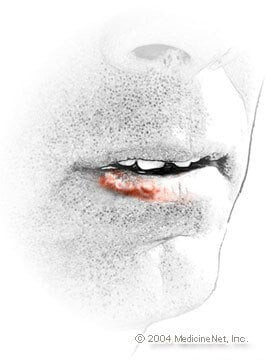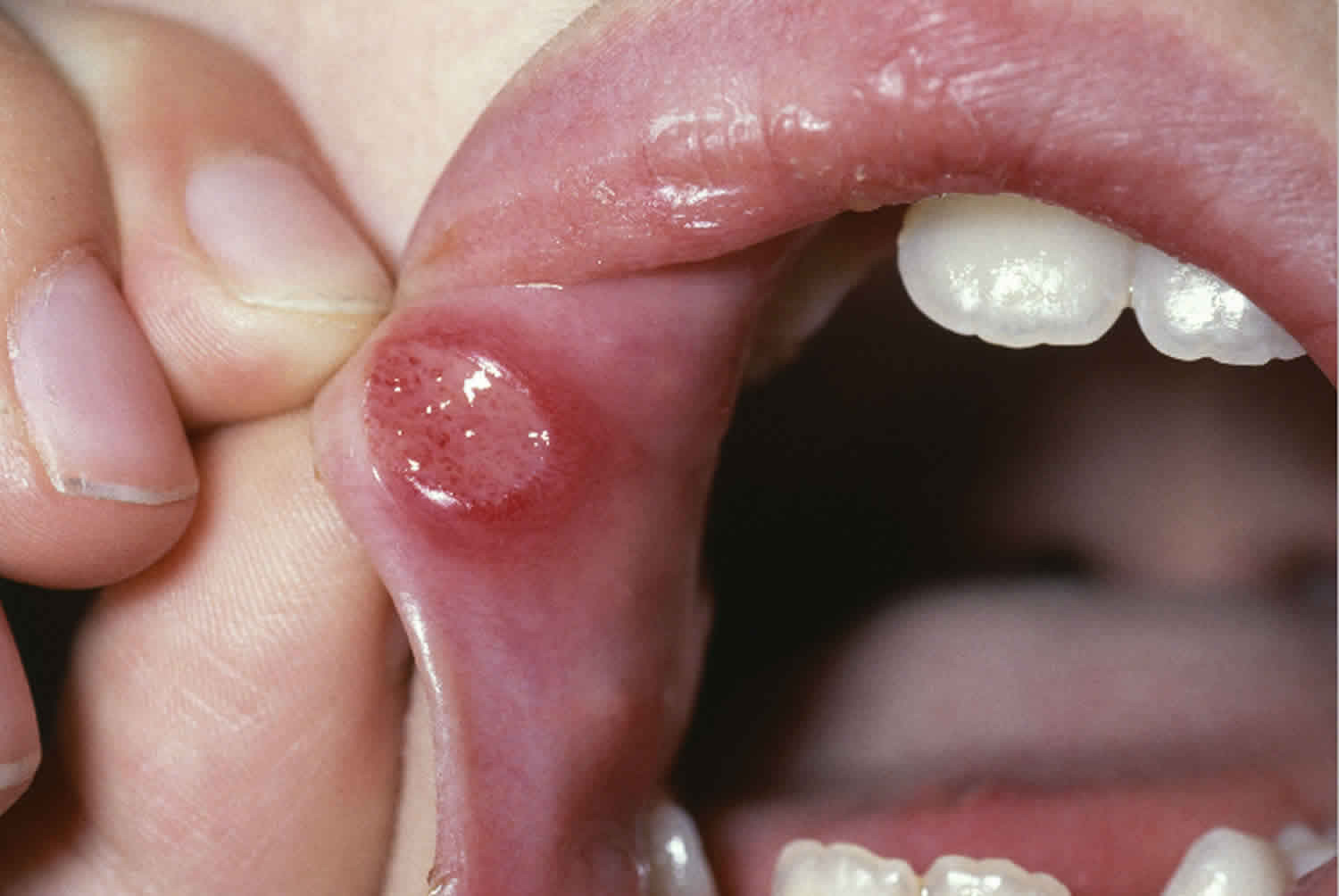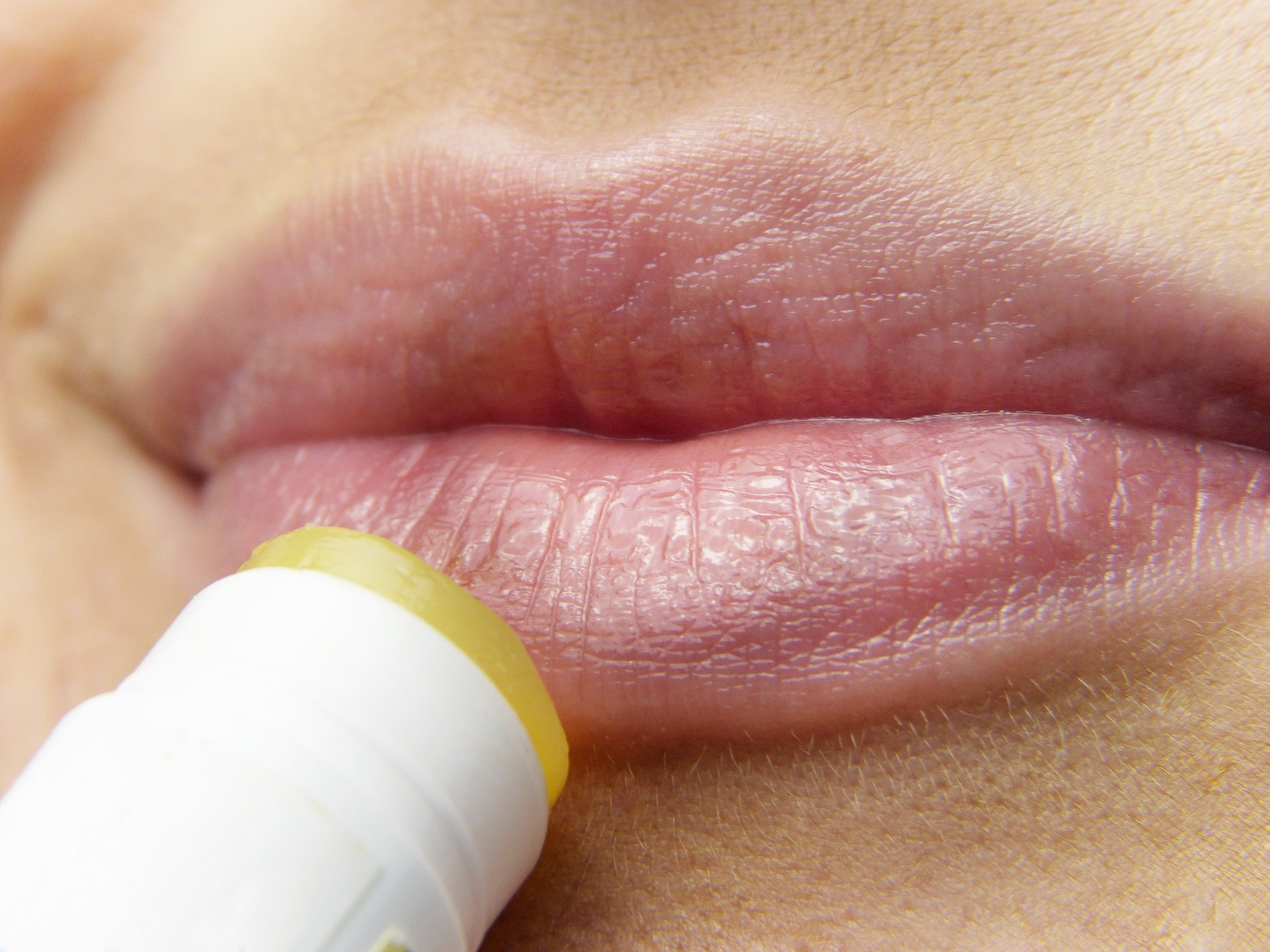Definition
The Anti HSV-1 IgG test is used to detect herpes infection. HSV stands for herpes simplex virus, while IgG is an antibody produced by the immune system to combat foreign substances like viruses or bacteria that enter the body. The herpes simplex virus has two main types: HSV-1 and HSV-2.
This test aims to determine whether an individual has been exposed to the herpes simplex virus, specifically HSV-1, by identifying antibodies produced in response to this virus variant. It does not directly detect the virus itself within the body.
HSV-1, commonly known as oral herpes, usually results in infections around the mouth or face and presents with symptoms like cold sores or clusters of small, painful blisters. Oral herpes can spread through direct contact, including kissing or oral sex with someone carrying the virus, or through shared utensils, towels, or razors.
The body typically starts developing HSV-1 antibodies approximately 18-21 days following initial exposure. IgG antibodies can be detected in blood and other bodily fluids. Additionally, some individuals may experience symptoms in the genital or anal regions.
Indications
The anti-HSV-1 IgG test is often recommended if a healthcare provider suspects or identifies symptoms indicative of oral herpes. Typical oral herpes symptoms include painful sores around the mouth, headaches, and general symptoms like fever or body aches. This test may be advised if:
- You have had exposure to HSV-1 through someone known to have oral herpes but have not experienced any symptoms.
- You are a woman planning pregnancy or already pregnant and at risk for oral herpes.
- You are diagnosed with or at high risk of contracting HIV.
This test aids in confirming a herpes simplex infection and assessing whether a patient has been exposed to HSV-1. It is particularly valuable for distinguishing HSV-1 from HSV-2 infections. However, this test is not intended to diagnose active herpes infections.
Contraindications
There are no contraindications or specific medical conditions that would prevent someone from taking an anti-HSV-1 IgG test. If one arm has an infection or bruising during blood sampling, the sample will be taken from the other arm or another location.
Preparation Before the Test
Special preparation is not necessary before this examination, and there are no dietary restrictions. However, it is essential to inform your doctor about any medications, vitamins, or supplements you are currently taking, including antivirals, antibiotics, over-the-counter medicines, and any other substances.
Some sexually transmitted infection clinics may offer brief pre-test counseling to determine if this test is suitable for you and assess any risks for other sexually transmitted infections.
Test Procedure
IgG antibodies are not produced immediately upon infection. It typically takes about 3-6 weeks after initial exposure for these antibodies to be detectable. If the test is done before antibody production, a false negative result may occur.
The anti-HSV-1 IgG test requires a blood sample taken by a healthcare provider. In some facilities, a short pre-test counseling session may occur beforehand.
During the procedure, a sample is drawn from a vein in the arm using a small needle. The chosen site is first cleansed with an alcohol swab. The sample is then collected in a tube or vial. This simple procedure generally takes less than five minutes, after which the sample is analyzed in a laboratory by a qualified healthcare professional.
Normal and Abnormal Values
If you have not been previously infected or exposed to HSV-1, the anti HSV-1 IgG test typically yields a negative result, indicating that no IgG antibodies against HSV-1 are present. A positive result, considered abnormal, suggests prior exposure to HSV-1, with IgG antibodies produced by the immune system in response to this virus.
Results and Recommendations (Further Testing)
A positive result in the anti HSV-1 IgG test signifies the presence of IgG antibodies against HSV-1, indicating a previous HSV-1 infection.
In some cases, this test may be conducted alongside an anti HSV-1 IgM test, as IgM antibodies are produced in response to new infections and are detectable only during active or recent infections. Unlike IgM, IgG antibodies develop more slowly but persist in the body for life. Thus, if both IgG and IgM test results are positive, it suggests past exposure to HSV-1 and a current active infection.
False negative results are possible, especially if testing occurs before IgG antibodies have developed. If your doctor suspects previous HSV-1 exposure, they may recommend retesting after a few weeks to confirm.
Consult the Right Doctor
Following the anti HSV-1 IgG test results, your doctor will discuss the findings with you. If oral herpes symptoms are present, appropriate treatment is crucial. Your doctor will assess the test results alongside your current health status to determine the best therapeutic approach.
Want more information on laboratory, radiology, and other test results? Click here!
- dr Hanifa Rahma
What is a Herpes IgG Test. (2022). Retrieved 23 November 2022, from https://www.verywellhealth.com/what-does-a-positive-herpes-igg-test-mean-3132937
HSVG. (2022). Retrieved 23 November 2022, from https://www.mayocliniclabs.com/test-catalog/Overview/84429
What is a Herpes Simplex Virus Antibodies Test. (2021). Retrieved 23 November 2022, from https://www.webmd.com/genital-herpes/what-is-herpes-simplex-virus-antibodies-test












